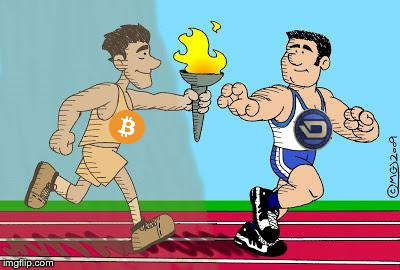This new development has the potential to change the game.
I have a question about transaction limit. If I am not mistaken, currently bitcoin has 7 transactions per second limit. If Darkcoin is going to compete with credit cards, how will this new development affect Darkcoin's transaction limit per second?
I have a question about transaction limit. If I am not mistaken, currently bitcoin has 7 transactions per second limit. If Darkcoin is going to compete with credit cards, how will this new development affect Darkcoin's transaction limit per second?

